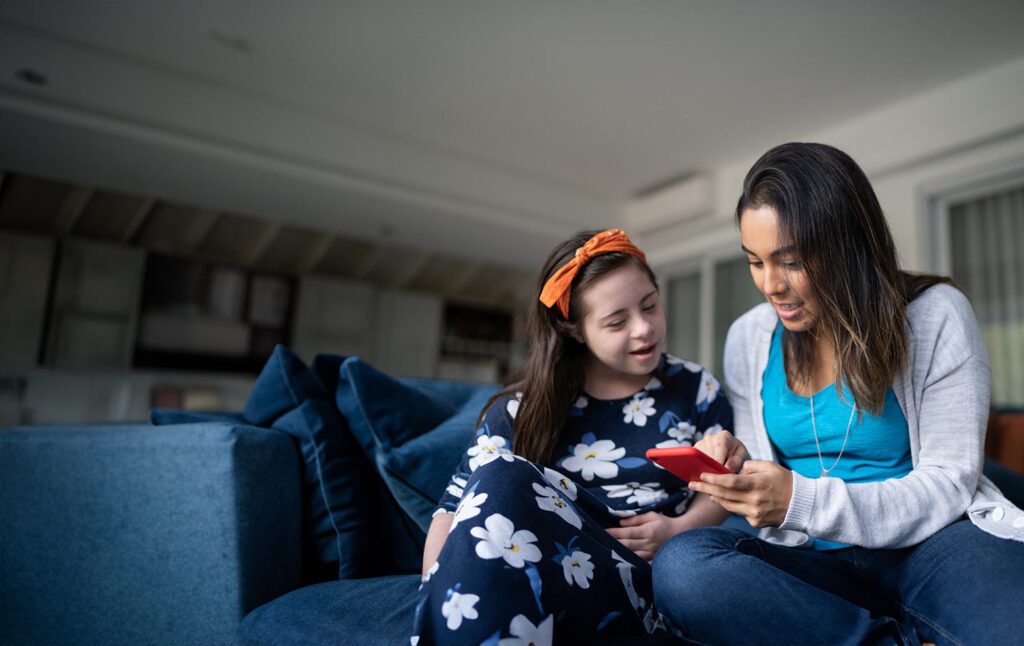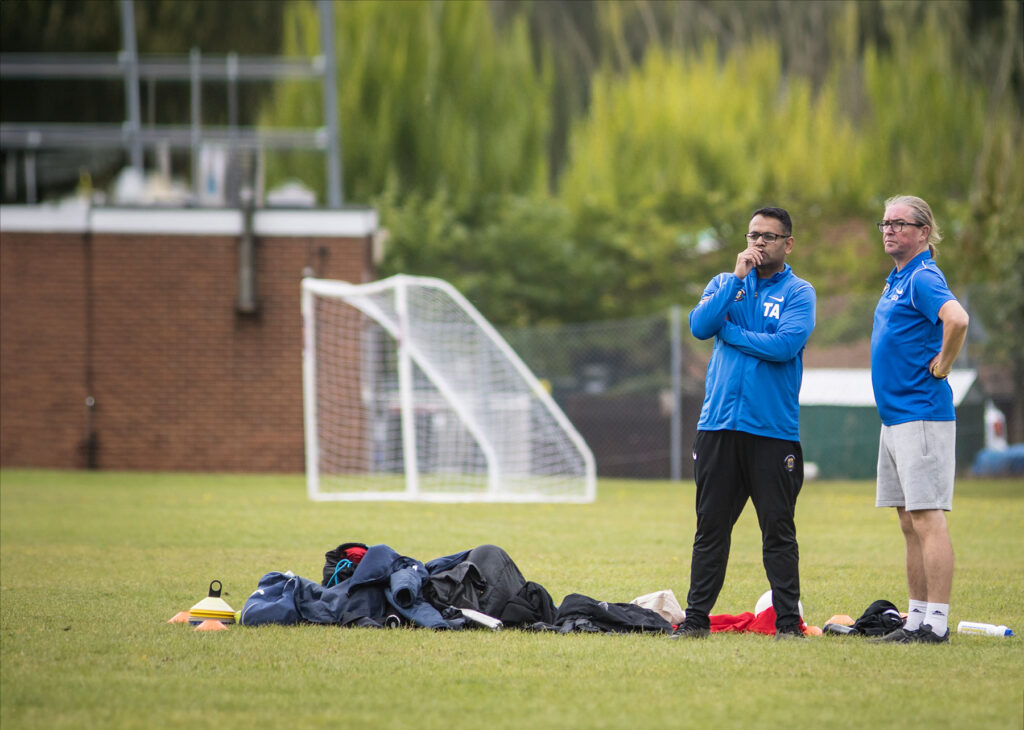Creating a fun and safe environment for students can be the difference between them enjoying your class or not. But it doesn’t have to be hard, and you’re probably doing most of it already.
Whether you’re getting started or already a pro, refreshing your knowledge can be a great way to keep your classes fun – and more importantly safe. Remember, every student is different, and your approach should reflect that.
To help you get started, we’ve put together the ultimate guide on how to achieve exactly that. Keep reading for actionable tips on how to create a fun and safe environment in your music or drama school.
The building blocks – respect and trust
As you know, everything is built on trust – and it’s the same for your classes. It’s about more than creating rules, it’s about mutual respect. Not just for your students, you should be living and breathing these values yourself – and so should your parents.
If you’re not sure where to start, here are some ideas:
For students:
- Come with a positive attitude and open mind
- Please take one deep breath to clear your mind before entering
- Treat others how you’d like to be treated
For parents:
- Ensure your child is wearing clothing that means they can move about freely
- Complete all forms and review consents before your child attends
- Please encourage your child to rehearse at home, you can even practice with them!
Top tip: Did you know that with LoveAdmin, it’s possible to set up customisable forms? Make sure you’re on the same page with your parents and gather the information you need to keep their child safe. You can also use the notes functionality to keep track of who is coming to class with a great attitude and communicate this with parents.
These expectations can be aligned with the values you have for yourself and your drama school. For example:
- Compassion for others
- Everyone’s voice is worth hearing
- Honesty and openness
By putting in place these values, you’re showing that your school is a safe space for students to practice and feel comfortable.
Now, let’s discuss developing trust. Trust between students and teachers doesn’t happen overnight; it’ll naturally build over time. Creating an environment where you encourage trust and respect will help your students to open up and feel safe.
Here are some exercises you can try to achieve this:
Exercise 1 – Cross the circle
- Ask your class to stand in a circle
- Get students to cross the circle one at a time without signalling. They should use their senses to feel when it’s the right time to go
- This exercise helps your students to pay attention to themselves and their impulses. It also mixes up the groups, which breaks up any cliques who’re standing together
Exercise 2 – Walking blind
- Put your students into pairs
- Ask partner 1 to close their eyes and hold the hand or shoulder of partner 2
- Ask partner 2 to safely lead partner 1 around the room
- Let them switch after two minutes
- Ask them to reflect on the exercise, did their partner make them feel safe?
We want every child in our groups to feel they belong. We do this by keeping group sizes small, and gently challenging our students to step outside their comfort zones in a way they can manage, without fear of being judged or criticised.
Gabi Maddocks, The Playing Space
How to support and encourage empathy
You may be wondering why empathy is important. Research has revealed that by learning empathy, your emotional intelligence is increased. Some experts have even said that emotional intelligence is more important than IQ. Did you know that by working with students you can positively improve their empathy? Students who took part in performing arts classes, developed self-confidence and problem-solving skills.
So, how can you help?
A great way for your students to learn different emotions is by role-playing different characters and scenarios. This then encourages students to explore their own emotions and understand the perspectives of others.
Drama can help with the development of a range of skills. Some being obvious like confidence, communication, teamwork, and listening. Other skills are hidden deeper, such as empathy, initiative, perseverance and the courage to step out of comfort zones.
Gabi Maddocks, The Playing Space
Making sure your students feel safe is more important than ever. Mind says that 96% of young people have had mental health effect their lives. By working through any complex emotions in your classes, you’re helping students to improve their mental health. Here are two exercises that will help students open up, so they can express their emotions easier:
Exercise 1 – 3 things in common
- Ask students to walk around the room
- Ask them not to talk to each other and focus on walking with purpose, without bumping into anyone
- Ask students to find someone in the room they don’t know well to be their partner
- The students then have 3 minutes to find 3 things in common. They’re not allowed to use things they already know about each other. For example, they both have the same colour hair, or both are in this session
- Once 3 minutes are over, ask students to start walking around the room again, then choose another partner
- After a few rounds are done, gather your students
- Ask them to share one thing they have in common with another person in the room
Exercise 2 – Mirror, Mirror on the wall
- Split your students up into pairs and ask them to face each other
- This will start simply. Ask one (the leader) to slowly move their arms and face and the other to copy
- Next ask the leader to do some emotions for the partner to copy
- Now ask the leader to combine all three
- Once you feel they’re ready, ask the students to swap, with their partner becoming the leader and the exercise starting again
Top tip: Try giving students the option to come to sessions with people they feel comfortable with. You can use LoveAdmin software to set up a ‘bring a friend’ discount or a referral scheme. By doing this, you will also be increasing growth opportunities.
Now that you’ve finished reading, it’s time to get started. Not sure what to do first?
- Try creating some new rules and values or redefining your current ones
- Try out at least one exercise from this article in your next session
- Review how you currently communicate with your students and parents. Are you doing this in a way that promotes a safer environment for students?
If you’d like to learn more about how LoveAdmin can help you, click here.















